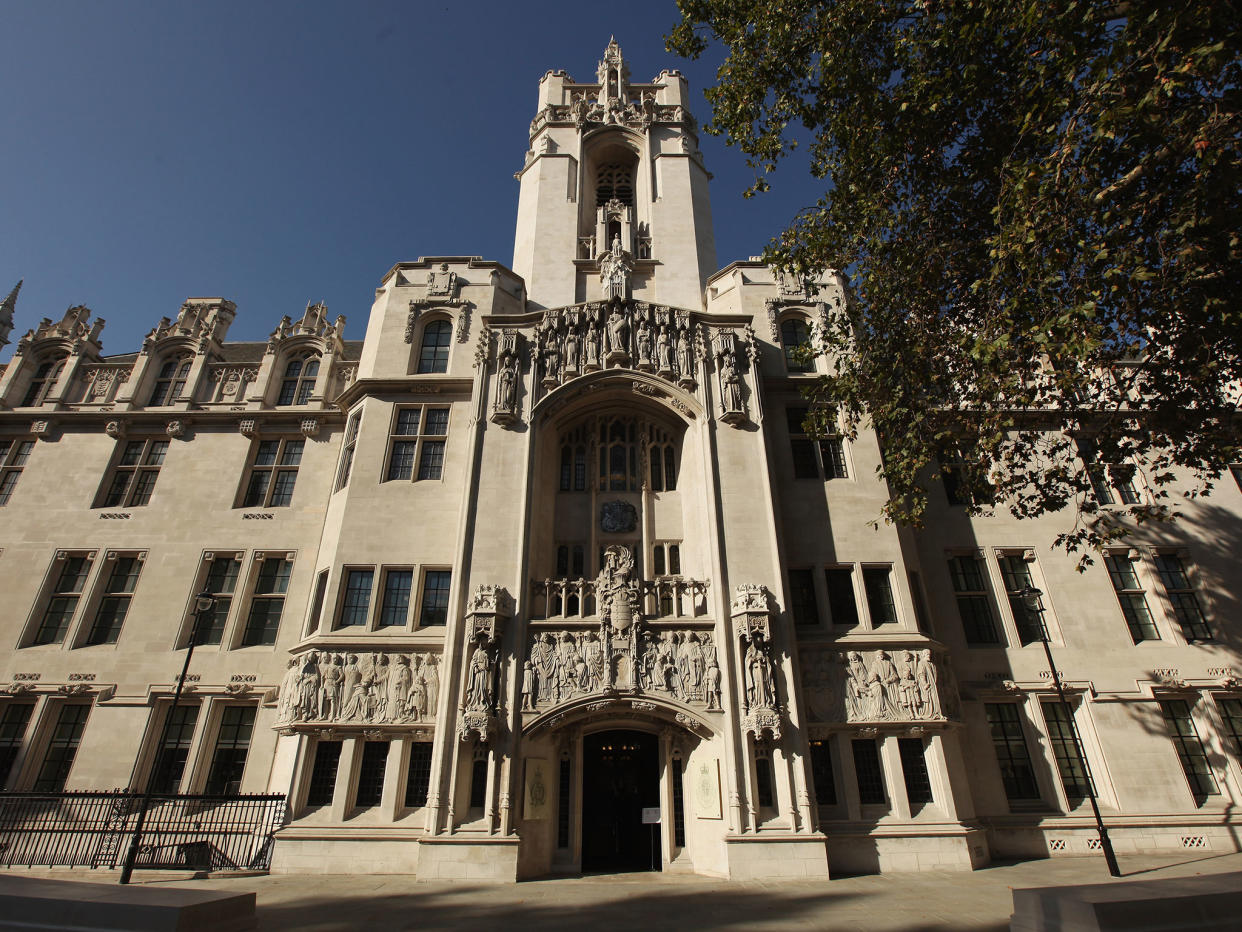Brexit: UK to ask for 'close co-operation' with EU to resolve cross-border legal disputes

Britain will call for “close co-operation” with European countries to resolve cross-border legal disputes after Brexit, according to a new negotiating position paper.
Under the current arrangements British people can enforce judgements made in UK courts in another European country through a reciprocal deal which is widely used to settle divorce cases, child custody, maintenance disputes and consumer claims.
Continued close judicial cooperation will be “crucial” for millions of EU citizens living in the UK and British people on the content, as well as tens of thousand of businesses which buy, sell and invest across borders and many ordinary people who get caught up in legal disputes, the paper will add.
It is the first of five papers expected to be published this week before David Davis, the Brexit Secretary, heads to Brussels for the next round of talks with the European Commission's negotiator Michel Barnier.
Speaking on BBC Radio 4’s Today programme, the Justice Secretary David Lidington added: “At the moment we’ve a got a good, effective system of EU law that says where there is a cross-border dispute – over child custody, over divorce, over consumer rights – this is the procedure for deciding which country's courts are responsible for sorting it out.
“If you are a German wife divorcing a British husband, if you are a British parent whose kids have been taken to Greece – you want this sorted out and swiftly without bureaucracy.”
“This is the procedure for getting documents dealt with swiftly so that the people involved aren’t subject to all sorts of bureaucracy and delays in different national courts.”
Mr Lidington added this arrangement will come to an end when Britain leaves the EU but “we can, and we will” continue to have an arrangement, adding the best outcome would be “if we have an even closer set of cooperative arrangements amongst the countries that are near neighbours so that we continue with the very close cooperation we’ve got now on these civil judicial matters.”
The UK’s proposals are designed to ensure there is clarity about which country court will hear a case, which country’s laws will be used to resolve it and how judgements in one country will be enforced in another, officials added.
The new framework after Brexit would replace existing arrangements under which the UK is part of the EU’s civil judicial co-operation system, which provides a clear set of rules to manage cross-border disputes.
By publishing these documents, the UK Government is making clear that its ambition is to progress onto trade talks with the EU in October but Brussels has consistently said this cannot happen until sufficient progress has been made on the crucial issues of citizens’ rights and the so-call divorce bill.
On Monday, the Slovenian Prime Minister appeared to dash this hope, warning the first phase of negotiations – Britain’s exit – will take longer than planned.
“There are so many difficult topics on the table, difficult issues there, that one cannot expect all those issues to be solved according to the schedule made in the first place,” added the Slovenian PM Miro Cerar – the first EU leader to publicly scupper the negotiations timetable.
Responding to the publication of further position papers Keir Starmer, the Shadow Brexit Secretary, said the proposals come months after the EU published their plans and “offer precious little new information on concrete proposals”.
He continued: “It is increasingly clear that the Government are publishing bland, non-committal papers as a smokescreen to mask their failure to make any meaningful progress on phase one's core negotiating issues - including citizens' rights.
”Instead of preparing the ground for failure, the Government should focus on reaching an early agreement to the first stage of talks and make an early commitment to establish strong transitional arrangements.“

 Yahoo News
Yahoo News 
